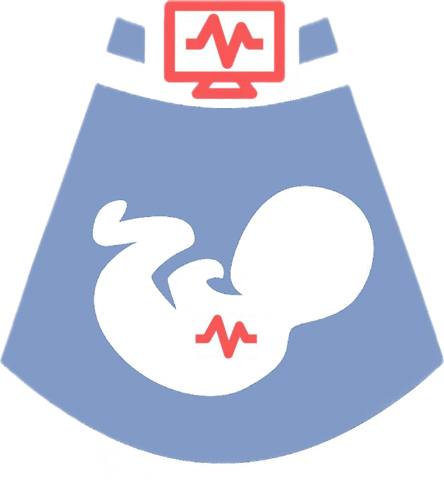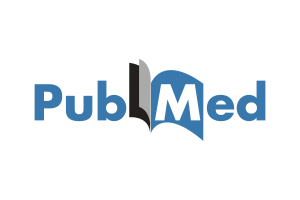Team SAVE FGR
We believe that impactful research is a collaborative team effort. We are driven by a shared commitment to contribute to meaningful and innovative research in fetal growth restriction. Together we combine our strengths by bringing our distinct expertise and vision to the table.
Discover the faces behind our SAVE FGR research team:
Team Netherlands (lead team)
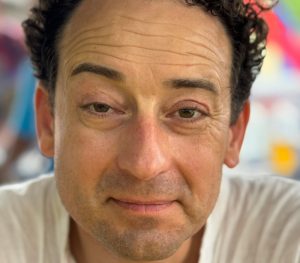
Wessel Ganzevoort (1973)
Gynecologist – Perinatologist
Principal Investigator – Amsterdam University Medical Center
Ever since my own PhD project, my main research focus has been on the clinical consequences of placental disorders, mostly placental insufficiency. First the maternal disorder of preeclampsia, later extrapolated to the perinatal disorder of fetal growth restriction. This passion has been fed by my personal encounters with women and their partners and families as their clinician. Together we share a path to the fulfillment of their personal dreams to have a family.
Read more
From up close I have witnessed the impact of the life event that complicated pregnancies can be. Obviously, experiencing a stillbirth has life-lasting consequences.
But even if the outcome is good (after having delivered an extremely premature baby, that survived the NICU-period relatively unscathed) the whole family has been changed for life.
Our clinical studies, also forming the basis for translational research, intend to change clinical practice and improve all aspects of how pregnancies with early-onset FGR are managed, focusing our timely interventions on those who need it, when they need it!
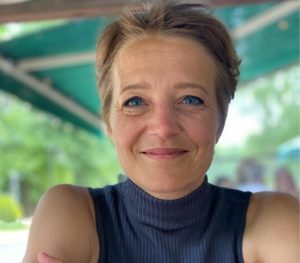
Sanne Gordijn (1978)
Gynecologist – Perinatologist
Co-Principal Investigator – University Medical Center Groningen
Since 2015 my main research focus is the placenta and fetal growth restriction. I am intrigued by how this spectrum-disorder is multifactorial and there is no pathognomonic feature. Most of my research focuses on the detection and management of fetal growth restriction in late gestational age, near the term date, as well as on studying the placenta.
Read more
My main aim is to find ways to better distinguish between fetuses at risk from placental insufficiency, and fetuses who have a normal placenta. Because it is important to do our interventions in the fetuses at the highest risk of adverse outcomes, and not in those who are small but healthy!
With our placenta pathology and biomarker studies, we gain more insight in the pathophysiological mechanisms of placental insufficiency. I envision that all these studies combined, will contribute to the development of monitoring-management strategies and decision-making models. All these will inform clinicians, and help them work with their patients to secure the best outcome possible!
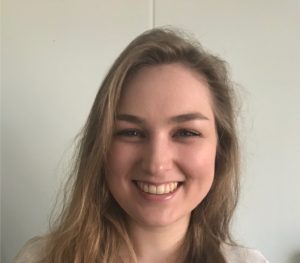
Marielle Bruins (1999)
Medical doctor, PhD-Candidate
University Medical Center Groningen and Amsterdam University Medical Center
A pregnancy and childbirth are life-changing events for a pregnant woman and her partner. The concerns during a complicated pregnancy that come with it are significant as well. Through research, I hope to gain more knowledge and contribute to optimal care during this period, ensuring the best outcomes for both the child and the mother.
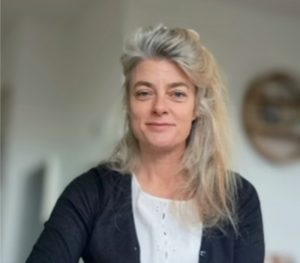
Roos van Heerde (1975)
Trial coordinator
Amsterdam University Medical Center
As a mother myself, I understand the profound significance of pregnancy; the joy it brings, as well as the anxieties that can accompany it. The thought of anything going wrong can be very unsettling. I’m very grateful for the opportunity to contribute, no matter how modestly, on improving decision-making models focused on optimizing the timing of birth. My hope is that through these efforts, we can work on ensuring the best possible outcomes for mothers and their precious babies!
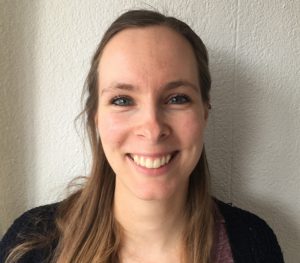
Anouk Pels (1990)
Post-doc, medical doctor, resident gynecology and obstetrics
Amsterdam University Medical Center
During my PhD I focused on the treatment of pregnant women with severe, early-onset fetal growth restriction. Currently, I am taking on a post-doc role in the SAVE FGR project, alongside working as a resident in gynecology and obstetrics in Amsterdam UMC. My goal, as medical doctor and as researcher, is to contribute to the best possible care for pregnant women and their partners.
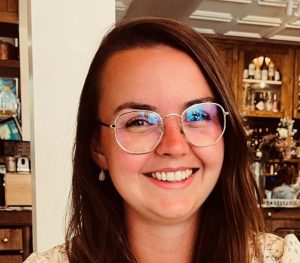
Leah Prins (1996)
Medical doctor, PhD-candidate
Amsterdam University Medical Center
Pregnancy can be a thrilling period for many women, but it is also sometimes a very uncertain time, especially when there is a concern about having a pregnancy complicated by fetal growth restriction. I consider it a privilege to offer guidance to pregnant women, aiming to alleviate some of their worries.
Read more
My Research
I am investigating the optimal timing for medicinal administration and other facets of clinical descision making in pregnant women diagnosed with early Fetal Growth Restriction (FGR). We are also examining variations in practice across the Netherlands. Also, I am focussing on accurate diagnostic tools in FGR pregnancies.
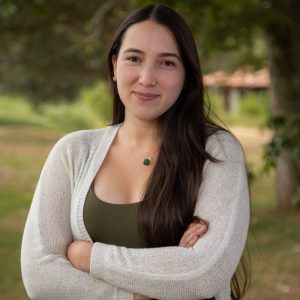
Victoria Chacon (1997)
Molecular Medicine, PhD-candidate
Amsterdam University Medical Center, UMC Groningen
I am passionate for the understanding of molecular mechanisms involved in medical conditions like fetal growth restriction. My research is mainly focused on molecular and translational medicine. Through this type of research I can contribute to the translation of the results in the laboratory to what can be applied in clinical practice.
Team Belgium & Denmark & Poland
Below we introduce the national leads of our project team for Belgium, Denmark and Poland.
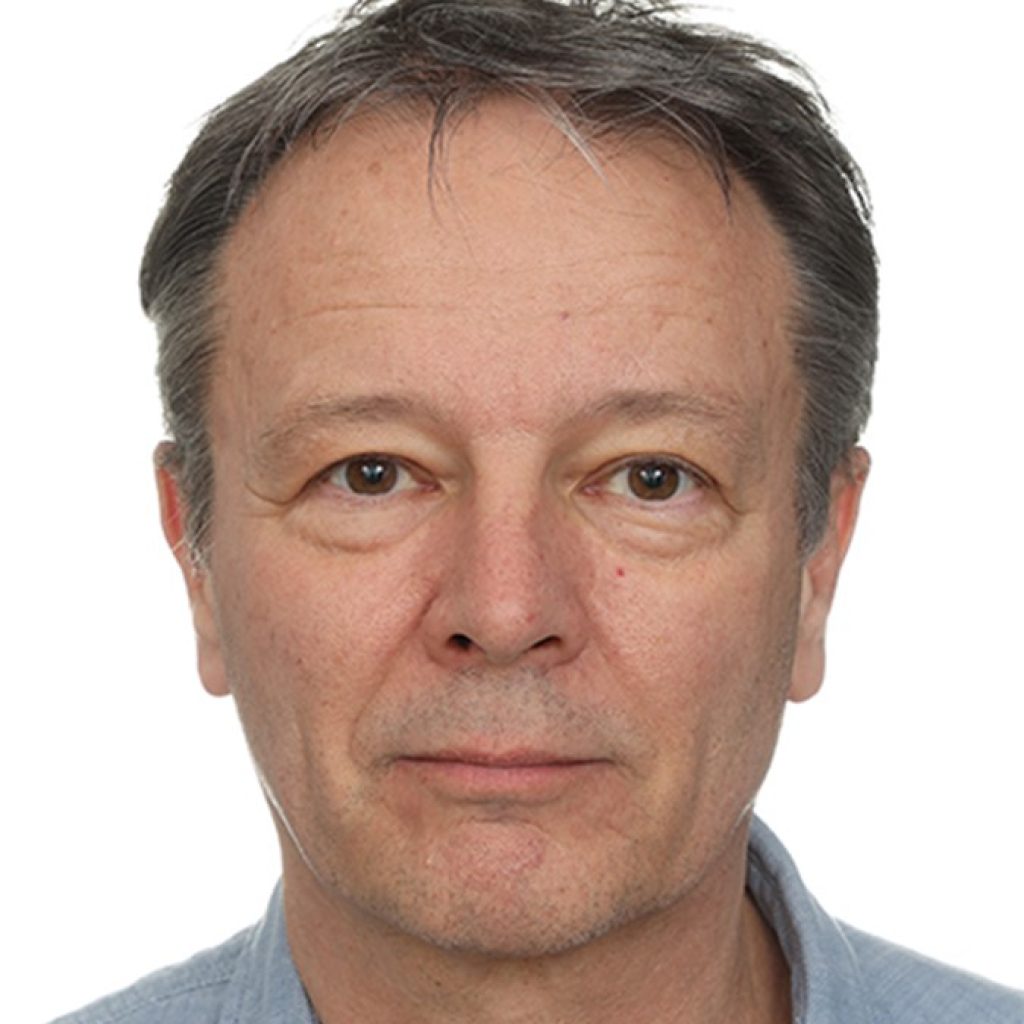
Yves Jacquemyn (1962)
Professor of Obstetrics & Gynecology
National Lead Belgium – University Hospital Antwerp
Fetal growth restriction has intrigued me since my own PhD on differences in fetal growth between ethnic groups and socioeconomic status. Simultaneoulsy I have been working on (fetal) cardiac function and regulation, first as a student in the physiology lab, later in a clinical context introducing short term variation in our center round 1998 and fetal ST-analysis in 2001.
Read more
I find it extremely important to communicate the appropriate message to pregnant women and their families, to prevent too much maternal ‘scare’ instead of maternal ‘care’. In order to channel the enormous stress that can accompany the diagnosis of fetal growth restriction I like the cultural sciences (medical humanities) approach, so that we can prevent irrational interpretation of data and accepting authorative arguments.
Our clinical studies, also forming the basis for translational research, intend to change clinical practice and improve all aspects of how pregnancies with the disorder are managed, focusing our timely interventions on those who need it, when they need it!
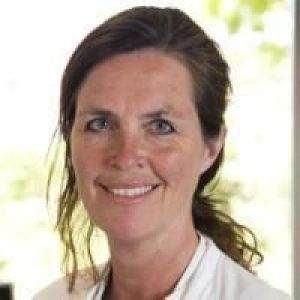
Ellen Christine Leth Løkkegaard (1965)
Professor of Obstetrics & Gynecology
National Lead Denmark – Nordsjællands Hospital, University Copenhagen
When a pregnancy is evaluated abnormal as with severe FGR it is extremely worrying for the parents. In my daily work and research I try to improve practice on all these practical issues that affect adverse outcomes and patient experiences.
Read more
I find it extremely important to optimize the technical evaluation of the pregnancy to ensure optimal handling of the situation both for the mother and the child. Moreover, I interest myself in the psychological effects of complicated pregnancies, and for that reason I am specifically also involved in the psychosocial follow-up of the mothers and their partners.
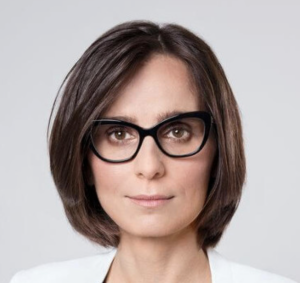
Anna Scholz (1978)
Professor of Obstetrics & Gynecology
National Lead Poland – Department of Obstetrics, Perinatology and Neonatology, Center of Postgraduate Medical Education, Warsaw
Fetal growth restriction has intrigued me for a long time. In my daily work I try to minimize the adverse outcomes and improve patient experiences. I find participation in international trials very rewarding!
